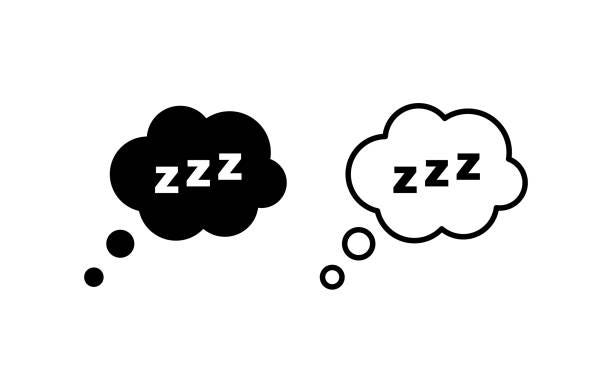Book Appointment Now
How Loneliness Triggers Maladaptive Daydreaming

Loneliness, that familiar ache of disconnection, is a potent trigger for maladaptive daydreaming (MDD). To understand why loneliness and MDD are intertwined, we must first grasp the emotional landscape of someone experiencing loneliness. When loneliness strikes, it brings forth a profound sense of sadness and a stark feeling of emptiness. These emotions can be overwhelmingly distressing, compelling the mind to seek refuge in the world of daydreams.
Emotional Escape from Loneliness
Firstly, maladaptive daydreaming can be like a comforting escape when someone feels lonely. Loneliness can make a person feel like they’re in a deep, dark hole, far from themselves and others. When loneliness takes hold, it’s like a spotlight on all the worries and stresses you try to hide. All those anxious thoughts and stressful feelings suddenly demand your attention. They want to be heard, and it can be really overwhelming.
Daydreaming now acts like a parachute that helps you float away from these strong and difficult feelings caused by loneliness. It’s like a way to cope with the very deep sadness and distress that loneliness can bring. It offers a safe escape from these overwhelming emotions. It’s like a shield that keeps those anxieties and stresses at bay for a while. So, when you daydream, it’s like taking a break from all those difficult feelings, giving yourself some relief from the things that trouble you the most when you’re feeling lonely. In simpler words, daydreaming becomes a way to avoid the deep sadness and distress caused by loneliness, at least for a little while.
Finding Companionship in the Imaginary World
Now, let’s talk about another way daydreaming helps when you feel lonely. Imagine that daydreaming is like a magical place where you can create friends and stories in your mind. When you’re lonely, this magical place can be like a substitute for real friendships.
In this special world inside your head, you can make up all sorts of stories and friendships that make you feel better. You might create friends who are super nice and understanding, the kind of friends you really wish you had in real life. This imaginary world becomes like a safe and cozy hideaway where you can escape from feeling lonely. It’s a bit like having a secret club of imaginary friends who are always there to keep you company and make you feel less alone.
Return to Reality is Inevitable
However, as with any escape, the return to reality is inevitable. Loneliness, although temporarily appeased by daydreaming, remains unresolved in the real world. The daydream offers a fleeting reprieve, but it cannot substitute for authentic human connection. It serves as a reminder that while daydreaming can provide solace, it is not a sustainable solution to combat loneliness.
An analogy that helps illustrate this point is that of a submerged beach ball. Imagine that loneliness is like a beach ball held underwater by your emotions. Daydreaming acts as a temporary buoyancy aid, allowing the beach ball to rise to the surface momentarily. But when the daydream ends, the beach ball sinks again, resurfacing the feelings of loneliness.
To truly address loneliness, one must confront and process these emotions rather than relying solely on daydreaming as a means of escape.
Conclusion
In conclusion, while maladaptive daydreaming can offer a respite from loneliness, it is not a panacea for the emotional pain of disconnection. Loneliness is a profound human experience that requires real-world solutions, such as building meaningful relationships, addressing past wounds, and reconnecting with one’s authentic self. Daydreaming may be a comforting oasis, but it should not serve as a permanent refuge from the complexities of human connection and the inevitable return to reality.
Note from the Author
If you’re ready and you’d like my help with overcoming and managing maladaptive daydreaming without spending years in therapy, then you can book a FREE BREAKTHROUGH CALL with me HERE. Happy healing 💙💙. Feel free to share and comment! Use this information with caution, it comes from my own thoughts & bias, experiences and research😊.







